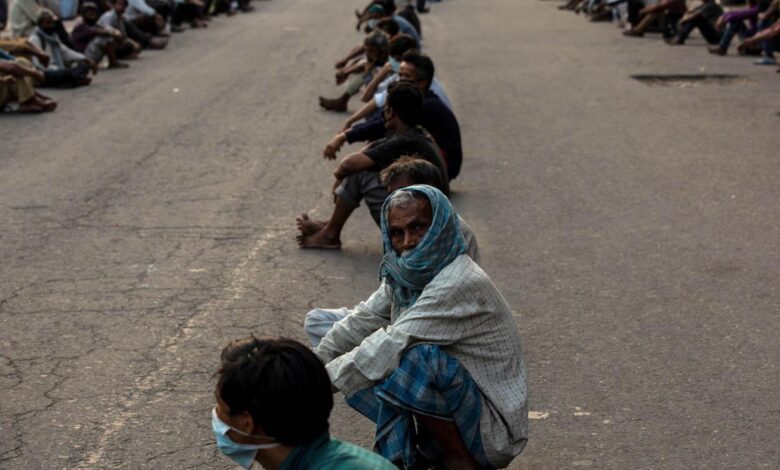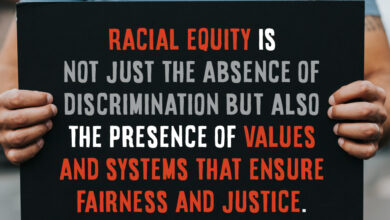Homelessness and poverty alleviation

Introduction
Homelessness and poverty are complex social issues that have been around for centuries. Homelessness can result from a range of factors, including lack of affordable housing, mental illness, addiction, and domestic violence. Poverty, on the other hand, is a condition where individuals or families lack access to basic necessities such as food, shelter, and clothing due to their low income. In this article, we will explore the issue of homelessness and poverty alleviation, their causes and consequences, and how society can work towards solutions to end them.
Understanding Homelessness
Defining Homelessness
Homelessness is a complex issue that affects millions of people globally. It is defined as the lack of a stable, safe, and affordable place to live. This definition includes individuals who are living on the streets, in shelters, or who are temporarily staying with friends or family.
Causes of Homelessness
There are many causes of homelessness, including lack of affordable housing, poverty, mental illness, addiction, domestic violence, and natural disasters. In many cases, a combination of these factors can lead to homelessness.
Consequences of Homelessness
The consequences of homelessness can be severe and long-lasting. Homelessness can lead to poor health outcomes, increased rates of substance abuse, and mental illness. Homeless individuals are also at a higher risk of experiencing violence and victimization.
Understanding Poverty
Defining Poverty
Poverty is a condition where individuals or families lack access to basic necessities such as food, shelter, and clothing due to their low income. Poverty can be absolute or relative, with absolute poverty being the lack of basic necessities for survival, and relative poverty being the lack of resources in comparison to the average person in society.
Causes of Poverty
The causes of poverty are complex and varied, including lack of education, limited job opportunities, discrimination, and economic inequality. Poverty can also be intergenerational, with individuals growing up in poverty more likely to experience poverty as adults.
Consequences of Poverty
The consequences of poverty can be far-reaching, affecting both the individual and society as a whole. Poverty can lead to poor health outcomes, limited access to education and job opportunities, and increased rates of crime.
Solutions for Homelessness and Poverty Alleviation
Providing Affordable Housing
One of the key solutions to homelessness and poverty is the provision of affordable housing. This can be achieved through government policies, such as rent control and subsidies, as well as the construction of affordable housing units.
Access to Education and Job Opportunities
Access to education and job opportunities can also be a solution to poverty. This can be achieved through government policies, such as increasing funding for education and job training programs, as well as private initiatives, such as providing job opportunities and internships for low-income individuals.
Providing Support Services
Support services, such as mental health counseling, addiction treatment, and legal aid, can also be a solution to homelessness and poverty. These services can help individuals address the underlying issues that contribute to their situation and provide them with the tools they need to improve their lives.
Conclusion
Homelessness and poverty are complex social issues that require a multifaceted approach to address. While there is no one-size-fits-all solution, providing affordable housing, access to education and job opportunities, and support services can be effective in alleviating these issues. It is up to individuals, communities, and governments to work together to find solutions that work for everyone.



